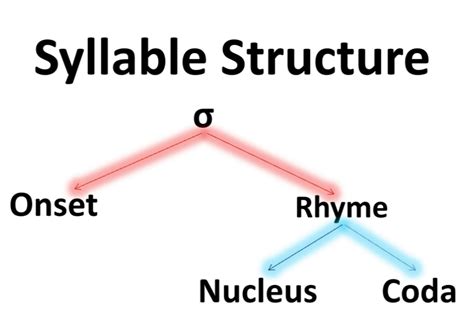L2S3 PHONÉTIQUE
1/6
There's no tags or description
Looks like no tags are added yet.
Name | Mastery | Learn | Test | Matching | Spaced |
|---|
No study sessions yet.
7 Terms
1 syllable words
If the word has 1 syllable it is “monosyllabic”.
If the word is a LEXICAL or CONTENT word → STRESSED on itself. Ex : ‘come, ‘wash, ‘play, ‘run, ‘eat, ‘pear, ‘red, ‘blue, ‘bag.
If it’s a GRAMMATICAL word (ex : the, a, in, is, were, as, and…)→ not stressed. (auxiliaries, determiners, pronouns, propositions).
2 syllable words
NOUNS & ADJ are often stressed on the FIRST syllable.
Ex : ‘TAble, ‘CURtain, ‘MOUNTain, ‘FORmer, ‘PLAYer
1 0 1 0 1 0 1 0 1 0
VERBS are often stressed on the SECOND syllable.
Ex : “appears” : 2 syllable verbs are generally stressed on the SECOND syllable. Hence : ap’PEAR, arr’IVE
0 1 0 1
3 syllable words
Many words of 3 syllables are stressed on the FIRST syllable.
Ex : ‘FA.mi.ly, ‘EL.e.phant, ‘SI.mi.lar, ‘RE.gu.lar, ‘COM.pe.tent, …
1 0 0 1 0 0 1 0 0 1 0 0 1 0 0
Account for the stress-pattern of the word “homicide”.
= > Many words…. Hence : ‘Ho.mi.cide
1 0 0
Def of a syllable
A bigger unit than a phoneme, contains 3 mains zones : onset (consonant, optional), nucleus (vowel, necessary) and Coda (consonant, optional). In word stress, the syllable is the unit we use.

Stress imposing endings / strong suffixes, cat 1
Cat 1 : -ious, -ience, -ion, -u.um, -gra.phy, -i.fy, -ium, -ient, -io, -i.gi.ble, -lo.gy, -iant, -i.ty, -ual, -ia, -ial, -u.ous, -i.cal, -ic, -e.ous, -iance.
Most frequent => stress is 1 syllable before the suffix.
Ex : e.co’NO.mic /e.co’NO.mi.cal BUT a word cannot start by 2 unstressed syllables, hence a secondary stress is needed usually at the beginning of the word.
SImple => sim.’plis.tic => sim’pli.ci.ty
Stress imposing endings / strong suffixes, cat 2
Cat 2 : -ise, -yze, -ate (3 syllables). Lexical stress is 2 syllables before the strong suffix.
Ex : ‘PA.ra.lyse, par.’TI.ci.pate, ‘AL.ter.nate, ‘ME.mo.rize, ‘CON.cen.trate
The -ing is silent and doesn’t count.
The words ‘paralyse”, “analyse” and “concentrate” contain a stress-imposing ending of category 2, stress falls 2 syllables before the strong suffix. Hence : ‘PA.ra.lyse, ‘AN.a.lyse, ‘CON.cen.trate, e.’VA.lu.ate. 1 0 0 1 0 0 1 0 0
0 1 0 0
Stress imposing endings / strong suffixes, cat 3
Cat 3 : -elle, -ese, -ette, -esque, -ique, -ate (2 syllables), -ee, -oo, -i.tis, -o.sis, -ine. The stress is on the SUFFIX itself, and a secondary stress is often necessary at the beginning of the word if there are 2 unstressed syllables.
Ex : ‘kan.ga.’roo, bal.’loon, train.’ee, ‘mag.a.’zine, ‘pic.tur.’esque, nar.’rate, ‘ja.pa.’nese